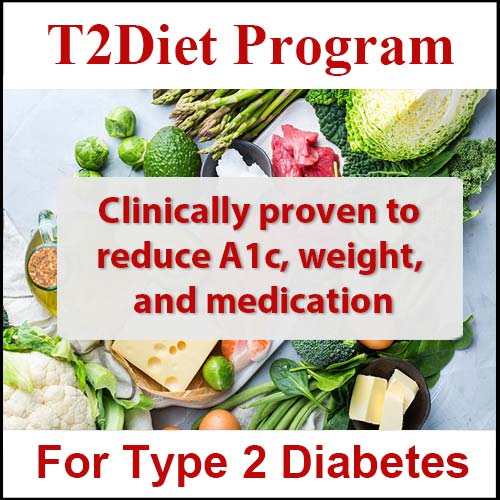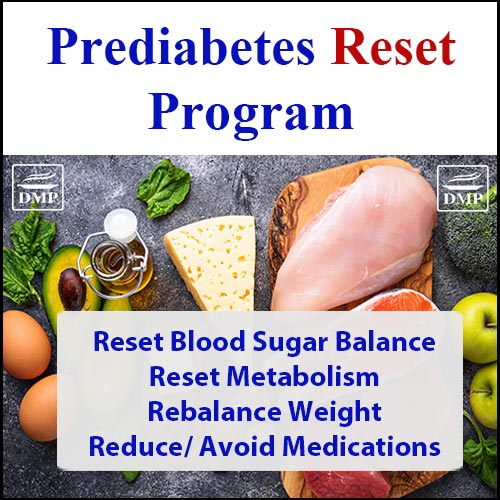Butter is a dairy product that is high in saturated fat, which is why it is a food that may be considered ‘bad,’ or at the very least, controversial.
To get straight to the question of whether diabetics can eat butter, our recommendation is: YES.
So how did we come to this conclusion? Let’s look a bit closer…

Butter Nutrition Facts
Nutrition facts for one tablespoon (14 grams) of butter are as follows:
- Kilojoules/Calories: 414 kJ / 99 kcal
- Carbohydrates: 0 g
- Protein: 0.12 g
- Fat: 11 g
- Saturated fat: 7 g
- Monounsaturated fat: 2.5 g
- Polyunsaturated fat: 0.5 g
- Fibre: 0 g
All foods that contain fat – from animal or plant sources – contain all three fats: saturated; monounsaturated and polyunsaturated, in varying amounts.
Butter happens to contain higher amounts of saturated fat compared to unsaturated fat.
Interesting fact
When compared with other food groups, dairy products (milk, butter and cheese) are the only food group with more saturated than unsaturated fat.
Butter is a Natural Whole Food
Compared to margarine, butter is a natural whole food.
Butter is basically a solid emulsion of fat globules, air and water made by churning milk or cream – a simple and natural process that people have been doing for centuries across all parts of the globe.
Margarine on the other hand, is defined as a food ‘product,’ produced by heating vegetable oils, undergoing hydrogenation, and altering fatty acid structures. The end product is highly processed, stripped of nutrients, and may contain traces of trans fats.
Fat is an Essential Nutrient
While we won’t go into detail here, dietary fat guidelines were never based on solid evidence; and the truth is: fat is not ‘bad’ – particularly fats found in natural whole foods.
In fact, we really need to stop demonising saturated fat in natural whole foods – these are all healthy fats, including the saturated fats.
Fat is an essential nutrient that plays a crucial role in keeping our bodies healthy and functioning properly, including:
- Providing energy
- Helping absorb vital vitamins (A, D, E, K)
- Supporting various body systems
- Maintaining healthy skin, hair, and nails
- Contributing to brain health
Without going into detail, let’s just say that most of the research around the negative effects of fat and saturated fat have been associated with fats in processed foods, not nutrient dense natural whole foods.
Research on Butter and Type 2 Diabetes
There hasn’t been a great deal of research specifically around butter, but more around overall dairy consumption. This is still relevant, as all dairy is relatively high in saturated fat.
Drouin-Chartier et al.’s (2016) study aimed to understand how eating dairy products might affect heart health and conditions like high blood pressure, type 2 diabetes, and metabolic syndrome.
➢ The researchers found that dairy products generally had favourable or neutral associations with cardiovascular-related clinical health outcomes
Didier Brassard et al.’ (2017) study wanted to find out if there was any difference in how saturated fats from cheese and butter affect heart health and factors related to type 2 diabetes.
➢ The researchers found these foods had similar effects on HDL “good” cholesterol levels and other heart health and type 2 diabetes-related factors, such as blood sugar levels and blood pressure. The authors did note that LDL cholesterol increased in those who already had high levels of LDL. Note: in the study the participants consumed about 3 tablespoons of butter daily.
A study by Pimpin et al. (2016) aimed to find out if eating butter has any impact on heart health, the chances of developing type 2 diabetes, and overall risk of dying.
➢ The researchers found that eating butter didn’t have a notable effect on the risk of developing type 2 diabetes, heart disease, or overall risk of dying.
Recommendation on Butter for Type 2 Diabetes
Butter is a natural whole food that provides the body with valuable nutrition; and overall it is a higher quality food choice compared to margarine.
Overall, research indicates dairy products generally have a favourable or neutral effect on health.
Butter is not really the type of food we eat in huge portions, and we wouldn’t recommend you start chowing down on butter every chance you get. However, in the context of your overall eating plan, feel free to include butter in your menu.


